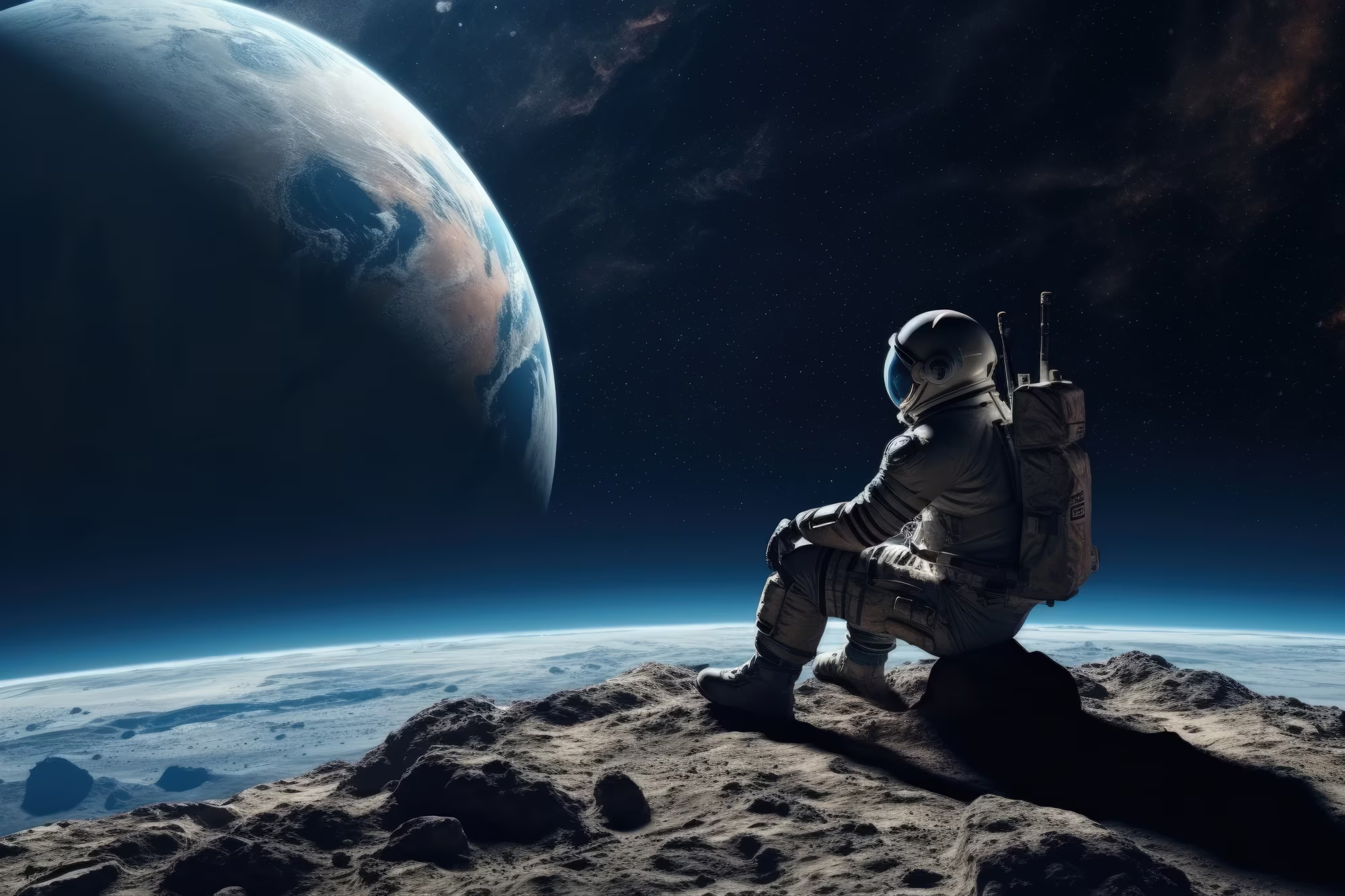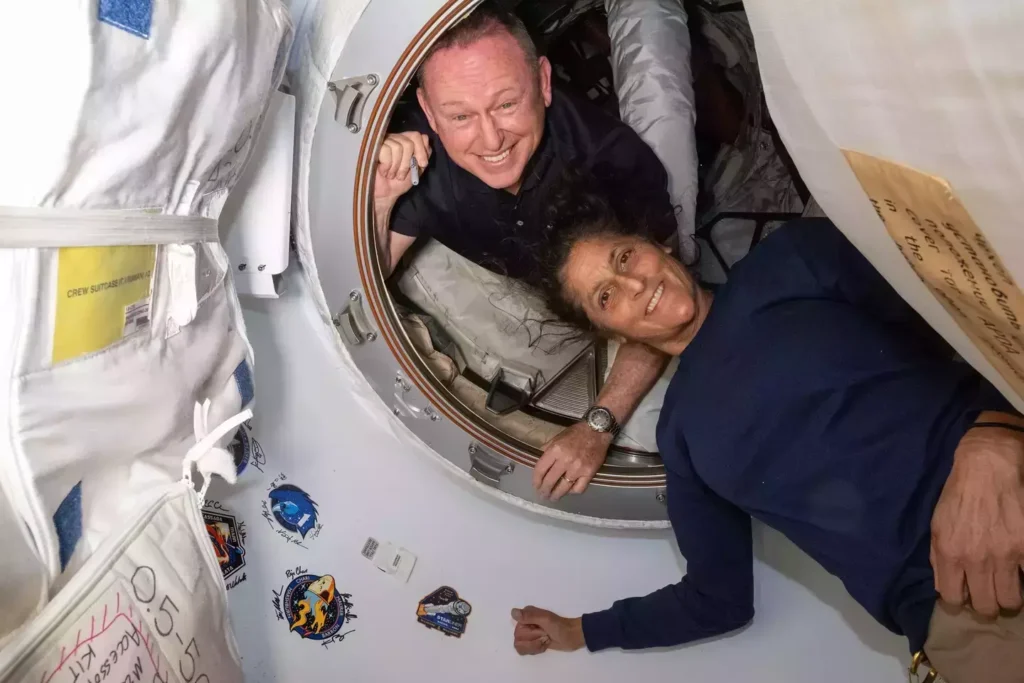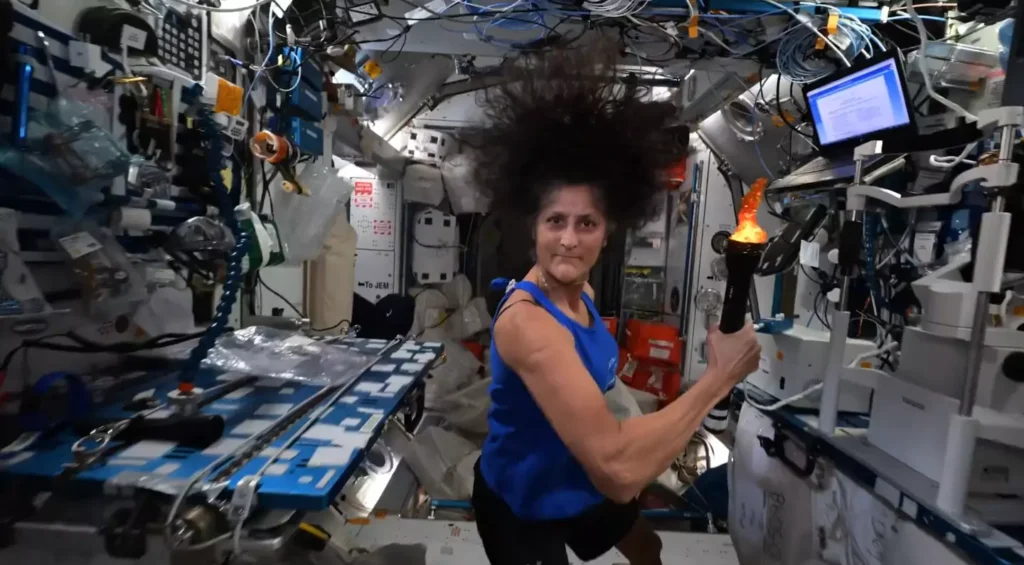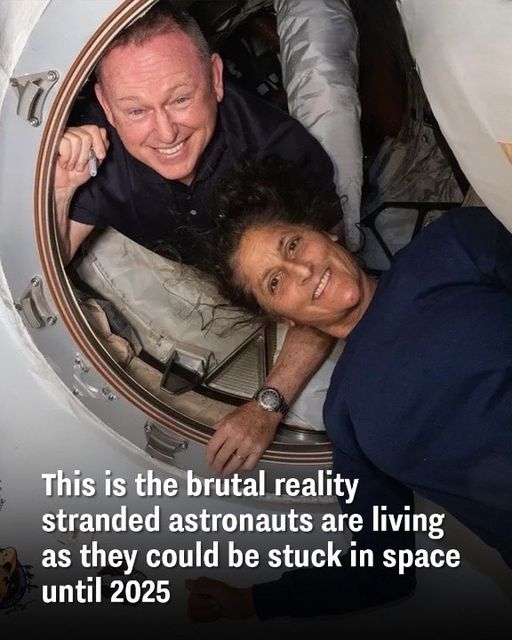Anyone could feel the weight of the possibility of spending up to 200 days longer than planned stranded in space.
That is, everyone but for NASA astronauts Barry Wilmore and Suni Williams, who have remained upbeat and cheerful despite the calamity.
However, the journey has not been simple and is far from over; in fact, it’s possible that they will remain in orbit until February 2025.
They were traveling to the International Space Station (ISS) and were only expected to be there for eight days when they encountered multiple issues with the capsule 64 days after takeoff.
Five helium leaks, five dead maneuvering thrusters, and a partially closed propellant valve occurred on the Boeing Starliner.
Along with other astronauts, they are on the International Space Station (ISS), but unlike Wilmore and Williams, their means of returning home have not failed.

During a press briefing, the two discussed life “off Earth,” with Williams stating they have been keeping “very busy” on board.
“We’ve been thoroughly busy up here, integrated right into the crew.” He said.
“It feels like coming back home. It feels good to float around. It feels good to be in space and work up with the ISS team. So yeah, it’s great to be up here.”

The International Space Station (ISS) is essentially a laboratory that travels through space at 17,500 mph while orbiting our globe every 90 minutes. Despite being stuck in space, the two must continue to perform their jobs.
So what are those responsibilities?
According to The Washington Post, the two have replaced a urine processing pump, taken stock of the station’s food supply, and Wilmore has even maintained freezers that are used to store research materials.
Speaking to the University of Strathclyde Glasgow, Scotland, previously about life in space, Williams said: “You have to work out to maintain your bone density and muscle mass, so that’s part of the day.”
She added: “You also leave a family behind, and being able to make a phone call once a day or do a video conference on the weekend is really nice. Those are the hardest parts about going away for that long.”

In addition to leaving behind families, Wilmore, 61, of Murfreesboro, Tennessee, and Williams, 58, of Needham, Massachusetts, are both retired Navy captains.
Williams is married and has pets, and Wilmore is married and has two daughters.
The two are up there performing a number of scientific studies, one of which involves using an ultrasound equipment to scan their veins and gather data on the effects of space travel on the human body.
One of the numerous things NASA astronauts do to stay active is perform weightless exercises inspired by the Olympics as one of their other responsibilities.
